Child Development
Fine Motor Skills
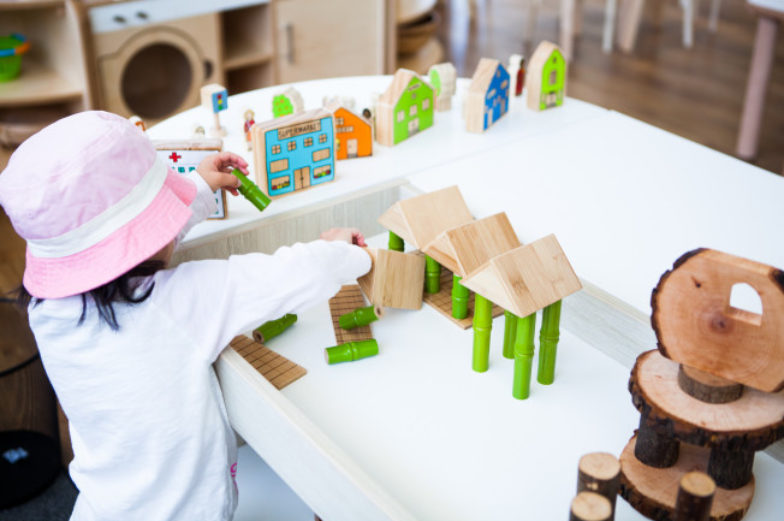
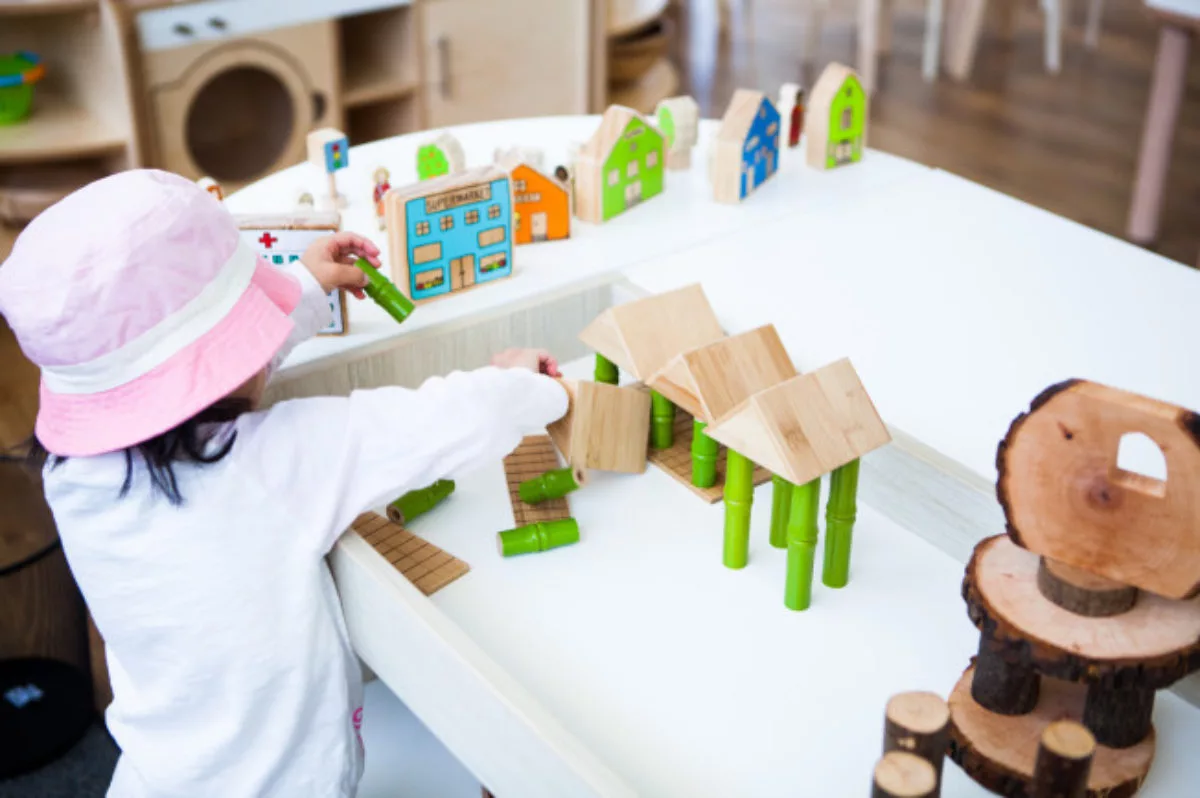
Fine motor skills are an important area of development. This is because they are the foundation for other skills that children develop as they move through childhood. Some of these skills include self-help skills, drawing and writing. As a result, children who have difficulty with fine motor skills may find some activities challenging which can lead to frustration and fatigue.
Typical fine motor skills development for children in the Nursery
- By four months, babies are able to grasp objects put into their hand and hold objects for short periods of time.
- At eight months, babies will be able to keep their hands open and relaxed most of the time, reach for and grasp objects with one hand, as well as hold and shake objects such as a rattle or keys.
- By twelve months, babies can move objects from one hand to the other, pick up and poke small objects with their thumb and forefinger, pick up and throw small objects, and hold their bottle or a biscuit.
- By two years, babies will feed themselves and try to use a spoon or fork, scribble with a pencil held in their fist, imitate vertical lines or circles when scribbling, turn the pages of a book, build a tower of six or more blocks, open doors independently, and enjoy circular scribbling.
Ideas for fine motor skills activities
- Set up a treasure basket filled with objects of differing sizes, shapes and textures for your baby to explore
- Pull tissues from a tissue box
- Open and fill empty egg cartons with fabrics, pipe cleaners and cotton balls
- Hold, stick and unstick Velcro hair rollers and hair roller clips
- Put cardboard toilet rolls into muffin tins
- Throw mini pom-poms into a basket or into an empty ice tray
- Stack and knock over plastic cups
- Do some finger painting
- Use tongs, measuring spoons and ice cream scoops
If you have concerns about your child’s fine motor skill development, our Occupational Therapists can provide advice, strategies and support. So, please don’t hesitate to ask your Campus Director for more information.
For more great reading, here’s an article on The Stages of Language Development in Children or First Words.
Only About Children can help your child to grow, make friends and explore the world.
Only About Children can help your child to grow, make friends and explore the world.
Related Reads
Establishing Positive Sleeping Habits
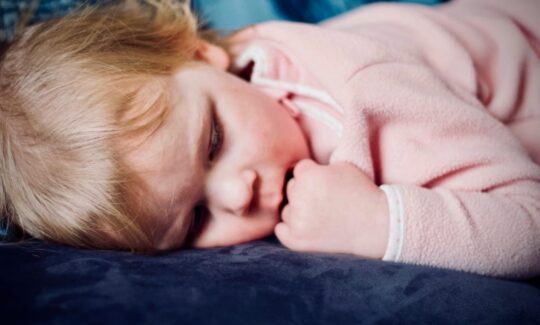
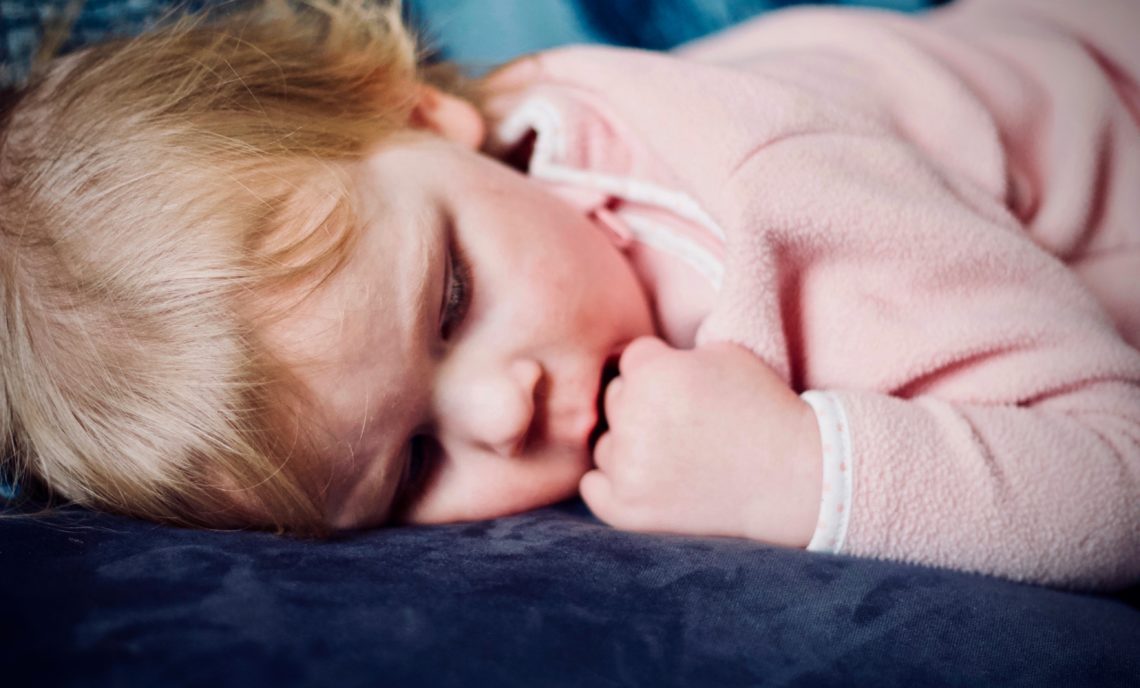


Parenting Advice
02 March 2026
4 minutes
Establishing Positive Sleeping Habits
According to the National Sleep Foundation, children aged 3-5 years need around 11 - 13 hours of sleep each night. In addition, many need to nap during the day, with the length of naps ranging between 1-2 hours a day. Typically, most children stop napping after five years of age.
Advice On Sleep & Settling
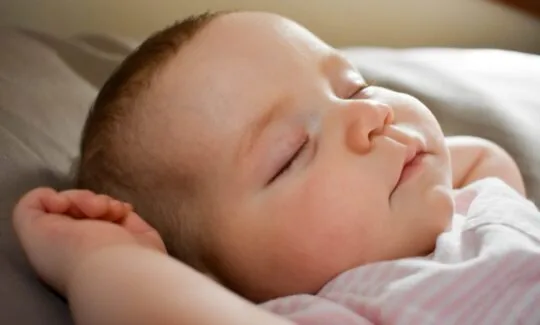



Parenting Advice
19 February 2026
13 minutes
Advice On Sleep & Settling
Sleep consultants, Carolyn Van Balkom & Natelie Van Wickel, from Safe Sleep Space share tips and advice on sleep & settling for babies and toddlers.
The New Kinder Yard Is Open at OAC Camberwell
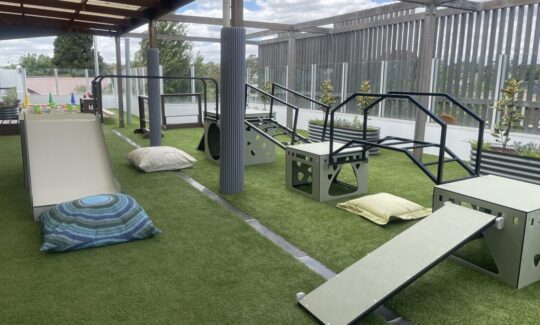



Local Campus News & Views
13 January 2026
1 minute